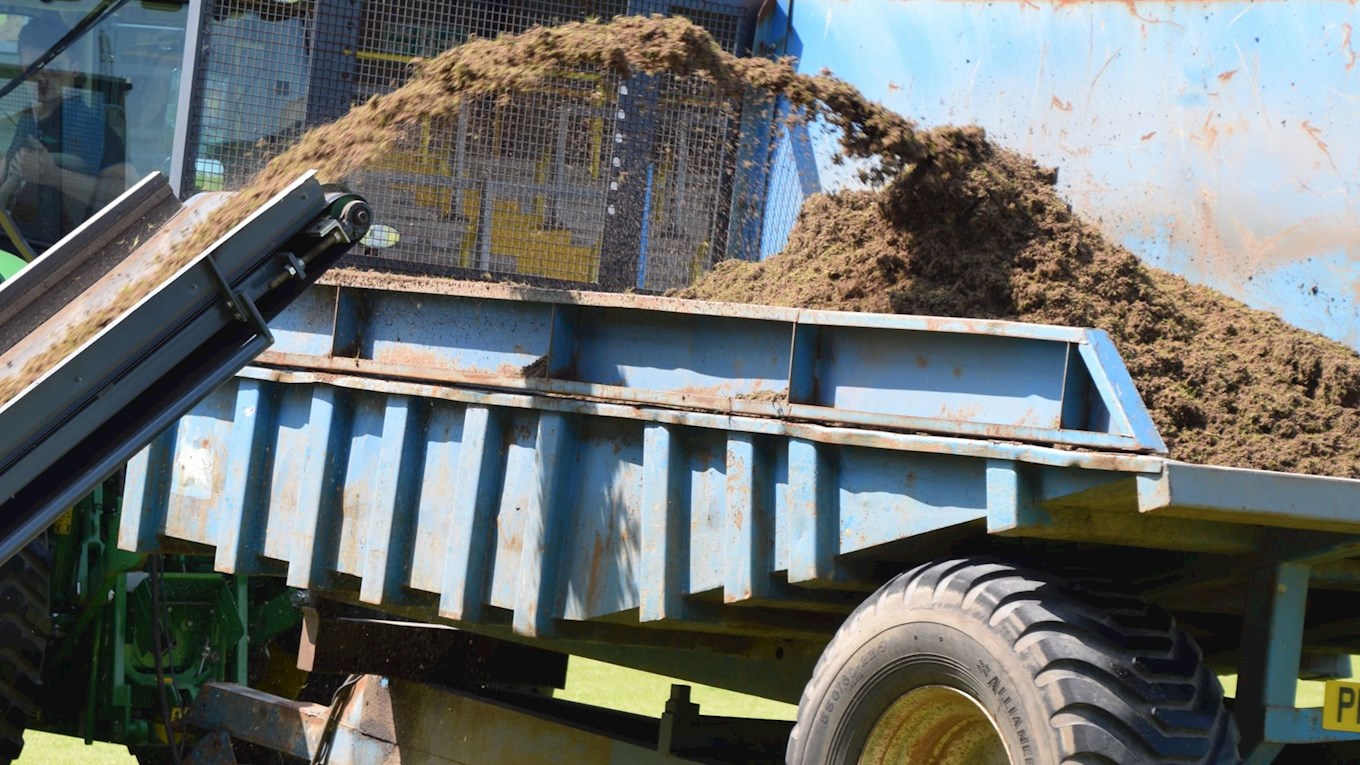In the second part of our interview with stadium manager Dave Mitchell he explains why the pitch needs a regular major overhaul, with the integrity of the playing surface uppermost in his thoughts.
“If we’re being honest, we’re at the point now where the Brunton Park pitch needs a major overhaul,” he said. “We’re up to five or six closed-seasons without ploughing it up and turning it over, so it’s getting a bit stagnant.
“It just gets a little bit too close for comfort sometimes, particularly in the winter with the rain. Supporters will know with two or three games last season – the Plymouth game especially – that when it buckets down you can see the water starts to stand.
“With that game in particular, it was aerated on the morning, but it still struggled. That’s how close it is sometimes to a game being called off, and that’s a cost to the club if it is postponed.”
“Losing a game puts you even more in the world of football club revenue, and that’s another reason why you need to do things properly,” he added. “It’s difficult because you always want to do more than you’re doing, but you’ve got to appreciate that sometimes the money isn’t there, for a number of reasons.
“The reason you always want to do more is that doing the work is beneficial. It helps you to keep grass cover on the surface in December and January, and having grass means there’s less chance of frost getting into the ground.
“This type of work also stops that horrible gooey stuff at the top from getting churned up when it’s really wet. Once that mixture turns over and starts burying the grass, you’re in a bad place.
“As much work as you can do before the season kicks off adds up to getting a playing surface that’s better than satisfactory, and that’s what I aim for.”
Speaking more about what he looks to achieve, he said: “I look to provide a trusted surface for professional sportsmen and women. That’s key for me.
“A player needs to be confident in the bounce and the roll of the ball, and they want to know that the pitch has been prepared properly. A good surface can help to motivate people to want to play, so we want as many games to be played on a pitch like that as possible.
“And, on the financial side of it, keeping a game on means that the money you’ve spent on renovating the pitch balances out what you would have lost had one, two or three games been postponed, so it kind of makes things neutral, if you see what I mean.”
One thing noticeable at the beginning of March, and very visible just before the pitch was ripped up this week, was the discolouration and patchy-looking nature of the grass.
“The patches are the meadow grass invasion which has come off the back of the returf we did after the storm in January 2015,” he explained. “From your own experience, and from information you receive over the years, you know that new turf like that is going to have the meadow grass in it. It’s something we didn’t have in the pitch before the flood came along.
“We’re still living with the remnants of it now, but it seems to be getting worse. That’s expected as well, because with the seed heads in that type of grass just one plant will multiply in its thousands if it can. The machines we’re using now will get rid of it and hopefully get us through to next April.
“The problem with the meadow grass is that it doesn’t lend itself to playing football. It’s a different colour, it stands out, it has minute hairs on it which grip the ball and slow it down, and it’s softer and much more unstable.
“When you’re talking about a trusted surface, you lose that because players might slip or rip it up when they should have a firm footing. It’s always a worry when you see it start to appear and it’s just better to get rid of it.”
Click HERE to watch an interview with Dave Mitchell on iFollow United now.
Click HERE to see a clip from this interview on our YouTube channel. Follow the same link for more FREE content right from the heart of the club.

